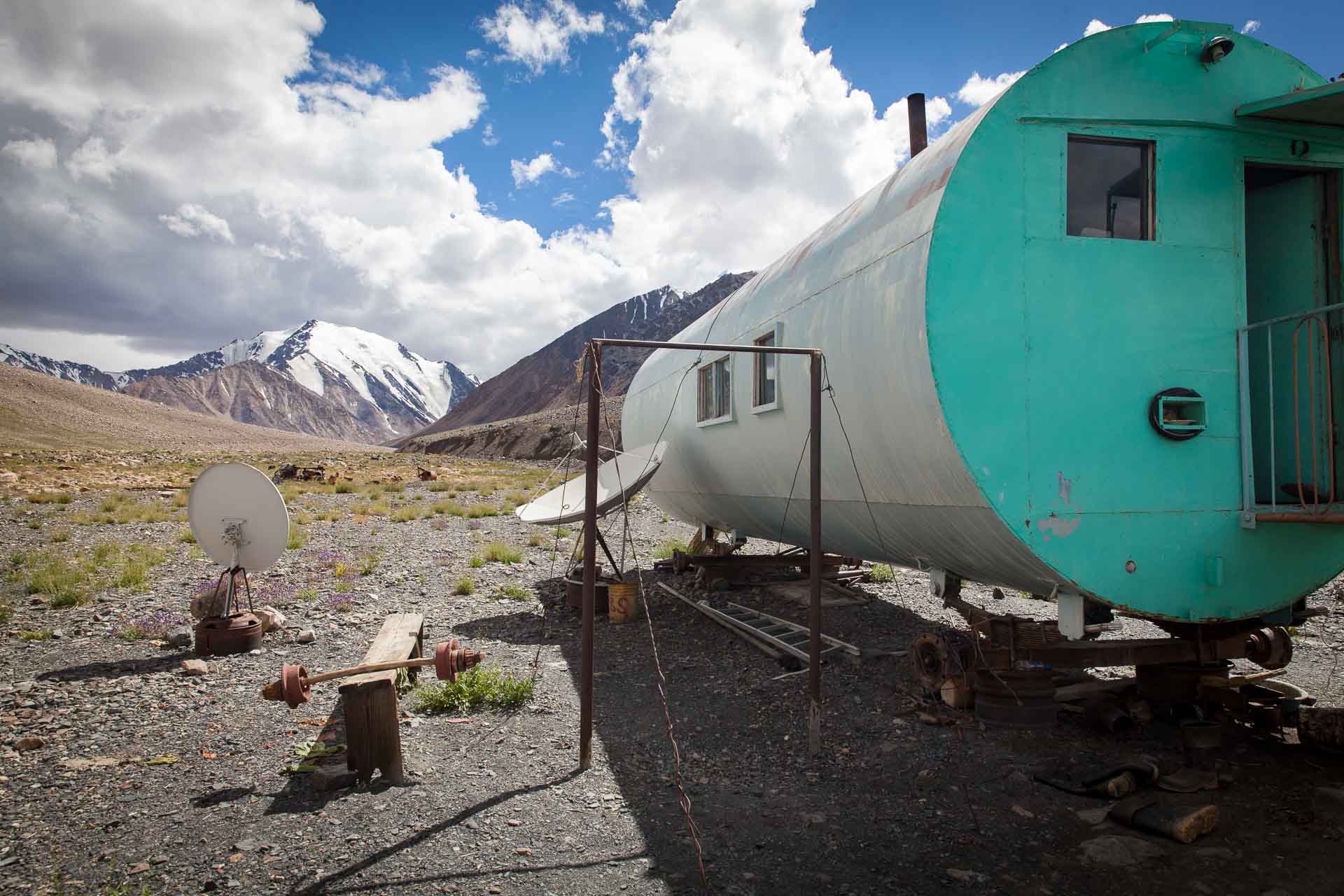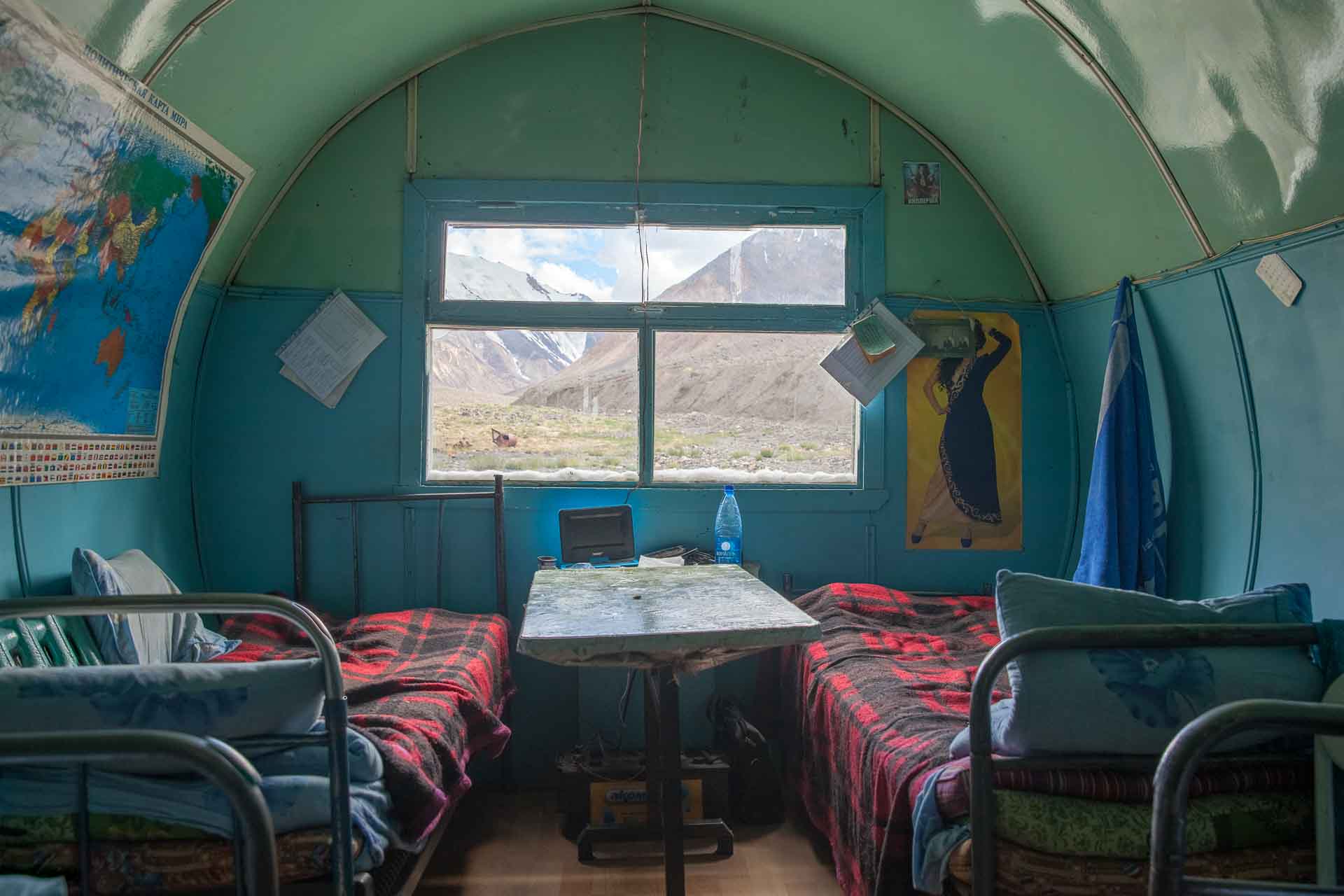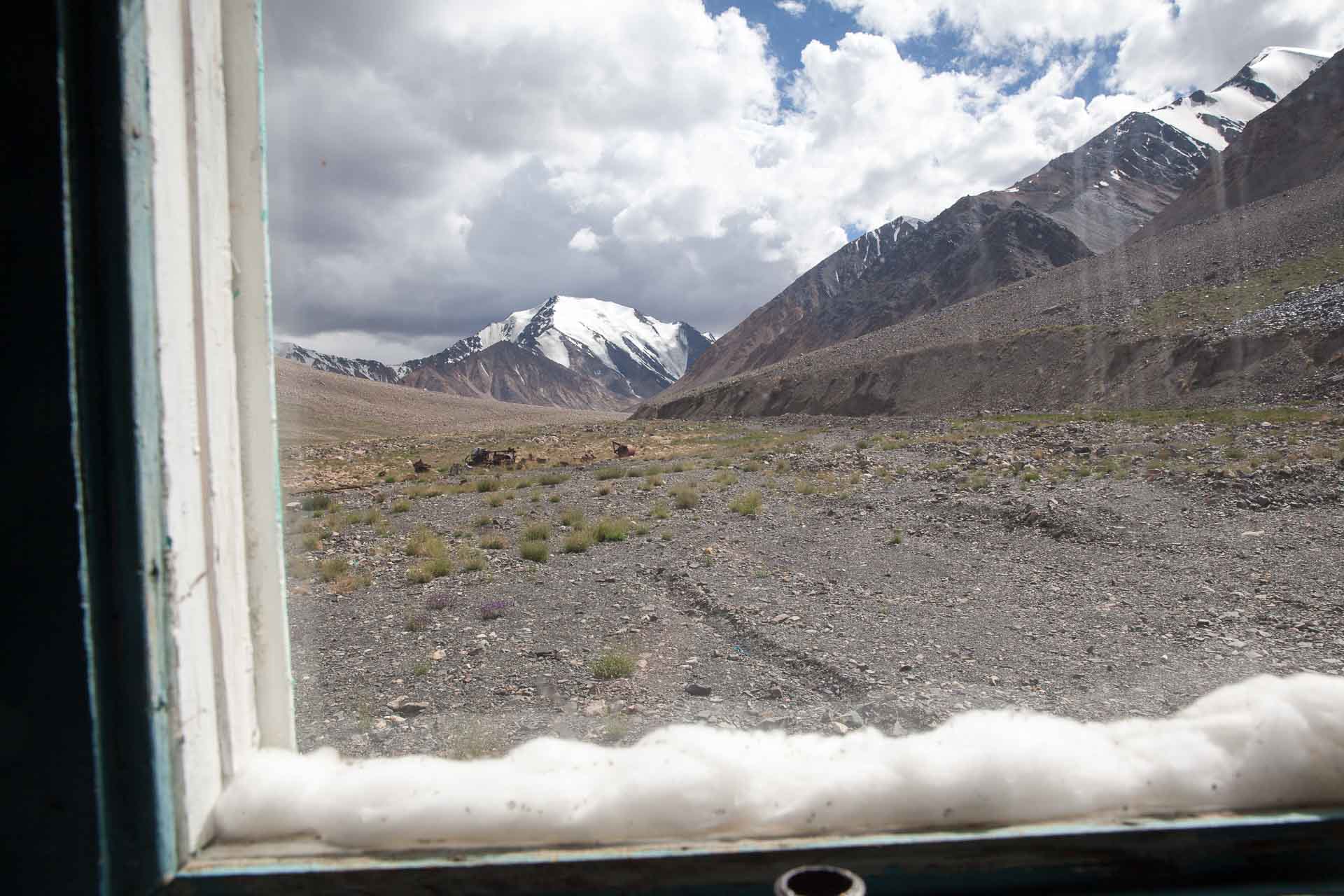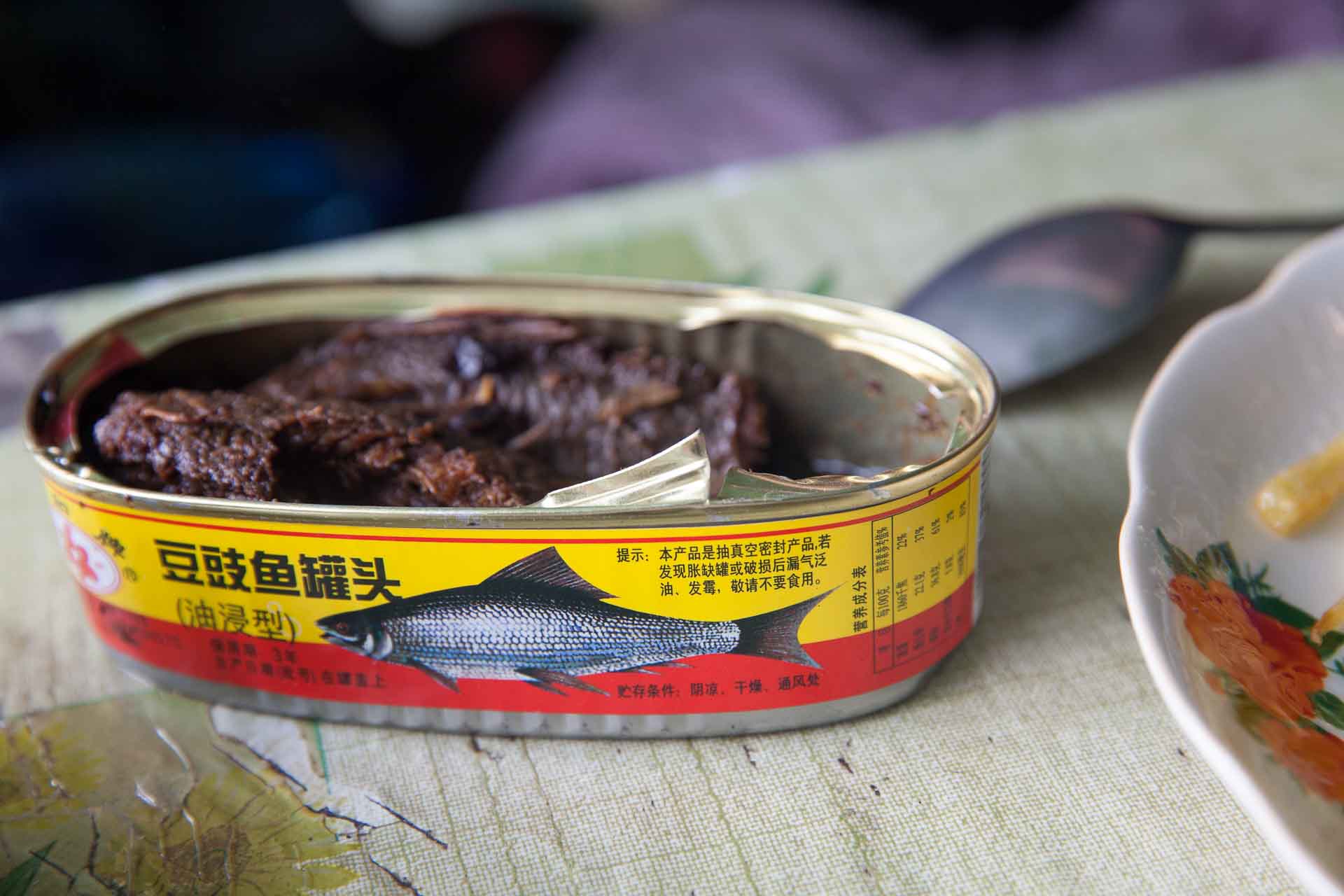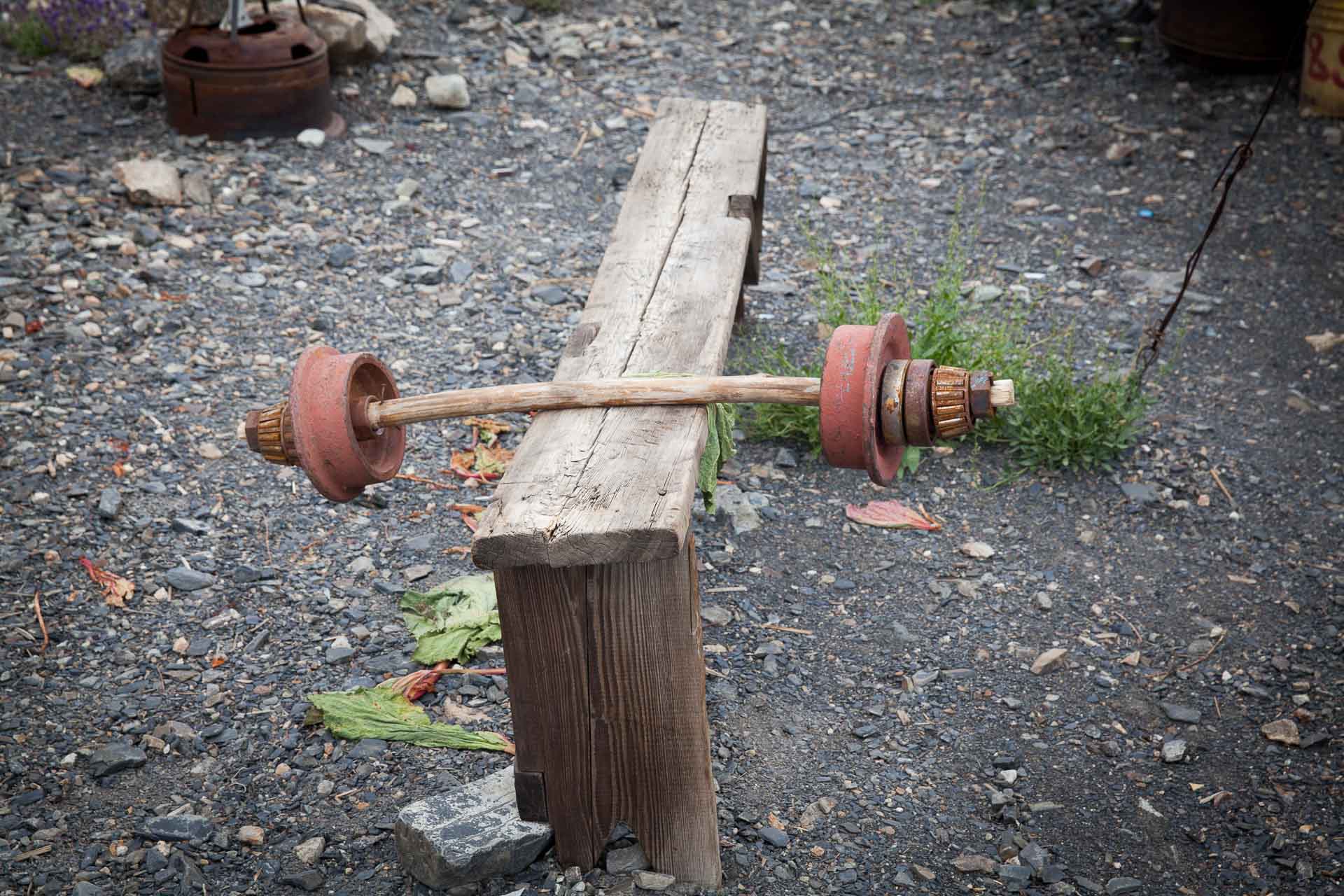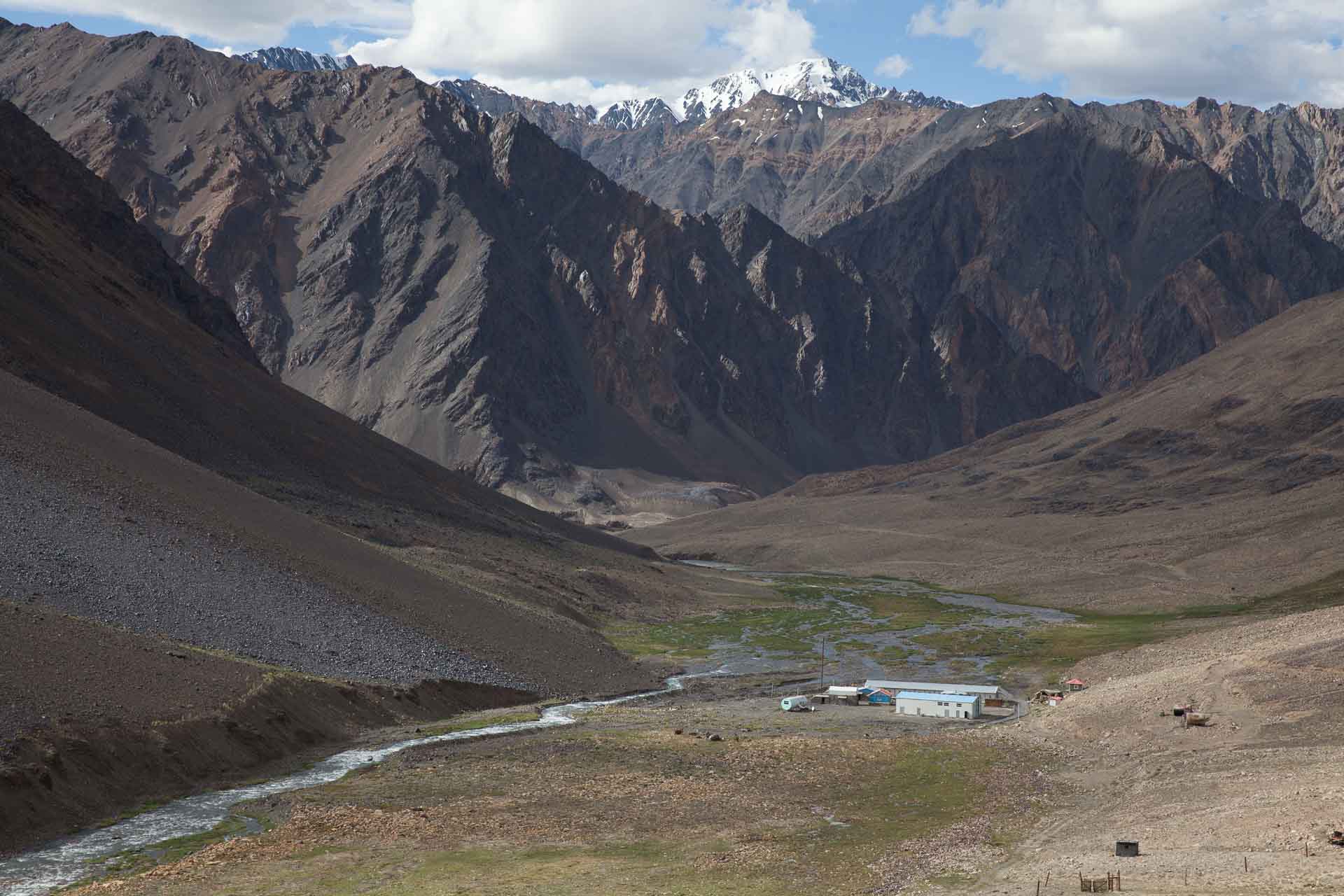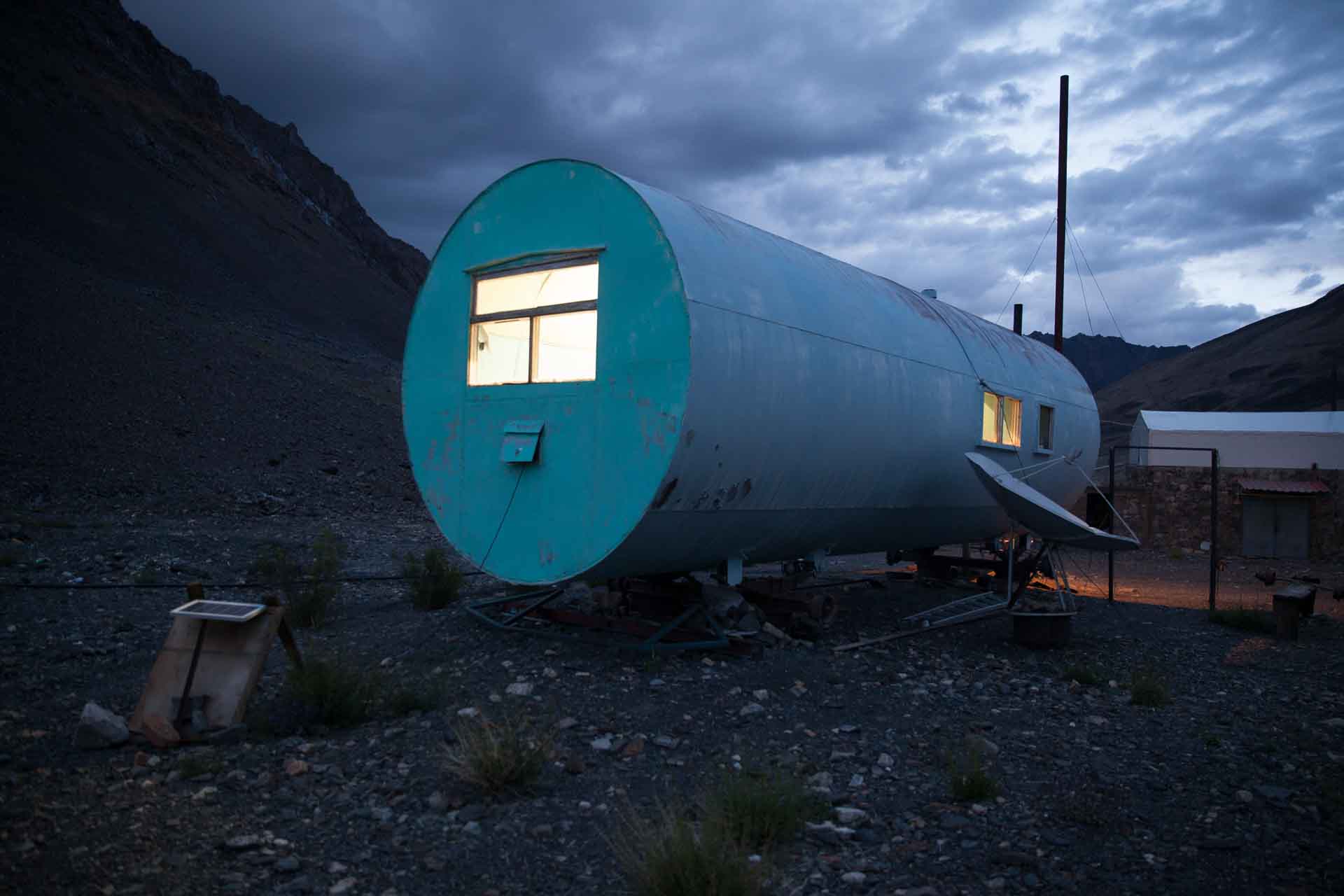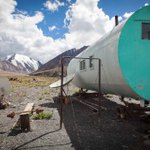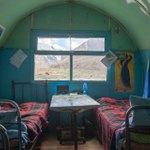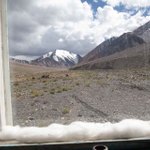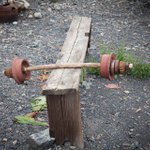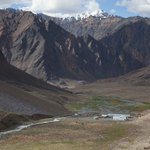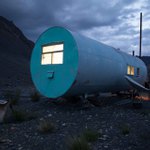Waiting for the Chinese
This is the silver mining camp at Bazar Dara in the Tajik Pamirs: a barrel shaped cabin on leaf springs equipped with a kitchen, four beds and central heating; barracks for the miners; a hangar for the equipment; a coal-fired sauna; and an improvised outdoor gym with an iron bar for pull-ups, a wooden bench and some weights made from an old truck wheel. Over the winter, from November to April or May, the camp is completely cut off from the outside world. Work in the mines is suspended. One employee, together with his wife and family, guards the camp. There is a portable DVD player and four boxes of DVDs, and also satellite TV, but the receiver needs repairing.
Bazar Dara was not always as isolated and remote as it feels now. In the 11th century, a few kilometres further down the valley, there was a bustling mining and trading town with more than eighty houses, a caravansary, and silver processing facilities. At some point, for reasons unknown, the town and mines were abandoned.
Centuries later, in the 1970s, a Soviet geological expedition spent one summer in Bazar Dara digging a drift and prospecting for silver veins. In 2007, a Kazakh-Dutch consortium came in and continued mapping deposits. This year the Kazakhs left the joint venture and the Dutch sold the enterprise to a Chinese company.
Much uncertainty is in the air. Will the Chinese really come and stay? And will they provide employment in the way their Kazakh-Dutch predecessors did? How to communicate with them, given that their translator speaks no Tajik and barely any Russian? And last but not least, what to cook for them, and what would they get to eat themselves? The only provisions the Chinese delegation visiting the camp left behind were a box of instant noodles and tinned fish in fermented soy bean paste, which nobody developed a liking for.
Hopefully, the Chinese will at least help fix the satellite dish before the winter comes, they say.
Privacy Policy
Plain and simple: I take the principle of minimal data collection serious and try hard not to collect or process any personal data beyond the basics required to serve and maintain the website.
Specifically,
- We do not use cookies.
- We do not use third party analytics.
- There is no contact form that would allow you to enter personal data.
- We do not use advertising to run this website.
In order to serve this website, your IP address and information about your browser, operating system and screen resolution need to be collected and processed. theotherimage.com is a simple, handcrafted, static website hosted by Netlify. It uses fonts by Adobe Fonts (formerly Typekit). Both Netlify and Adobe automatically collect usage data, either generated by the use of this website or from the service infrastructure itself. This data is used for accounting and analytic purposes as well as for technical maintenance by these two companies. Neither Netlify nor Adobe use cookies to track you. Specifics can be found in their respective privacy policies.
The videos on this website are hosted by Vimeo. Depending on your browser configuration, Vimeo may use cookies and other tracking technologies as stated in their respective privacy policies.
If you have any questions about this privacy policy, please write to: Martin Saxer, LMU Munich, Department of Social and Cultural Anthropology, Oettingenstr. 67, 80538 Munich, Germany.
This privacy policy has been updated on 30 December 2018.
![[ the other image ]](/images/logo/toi-logo_2x.png)
